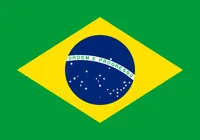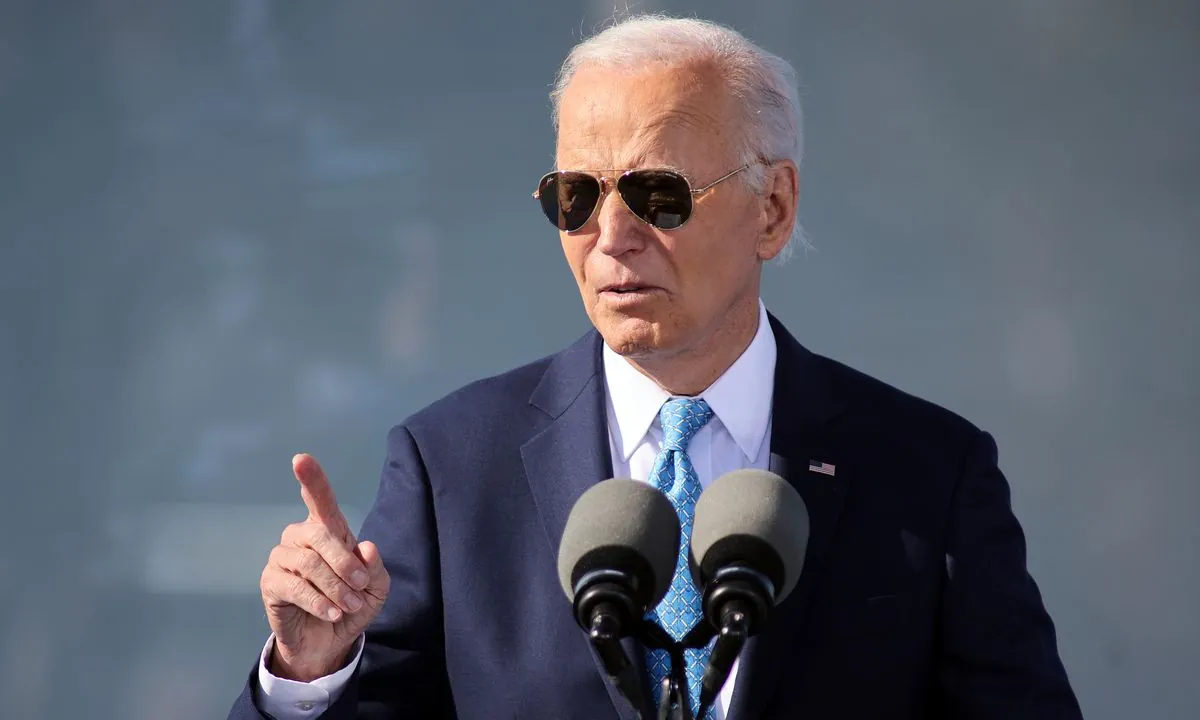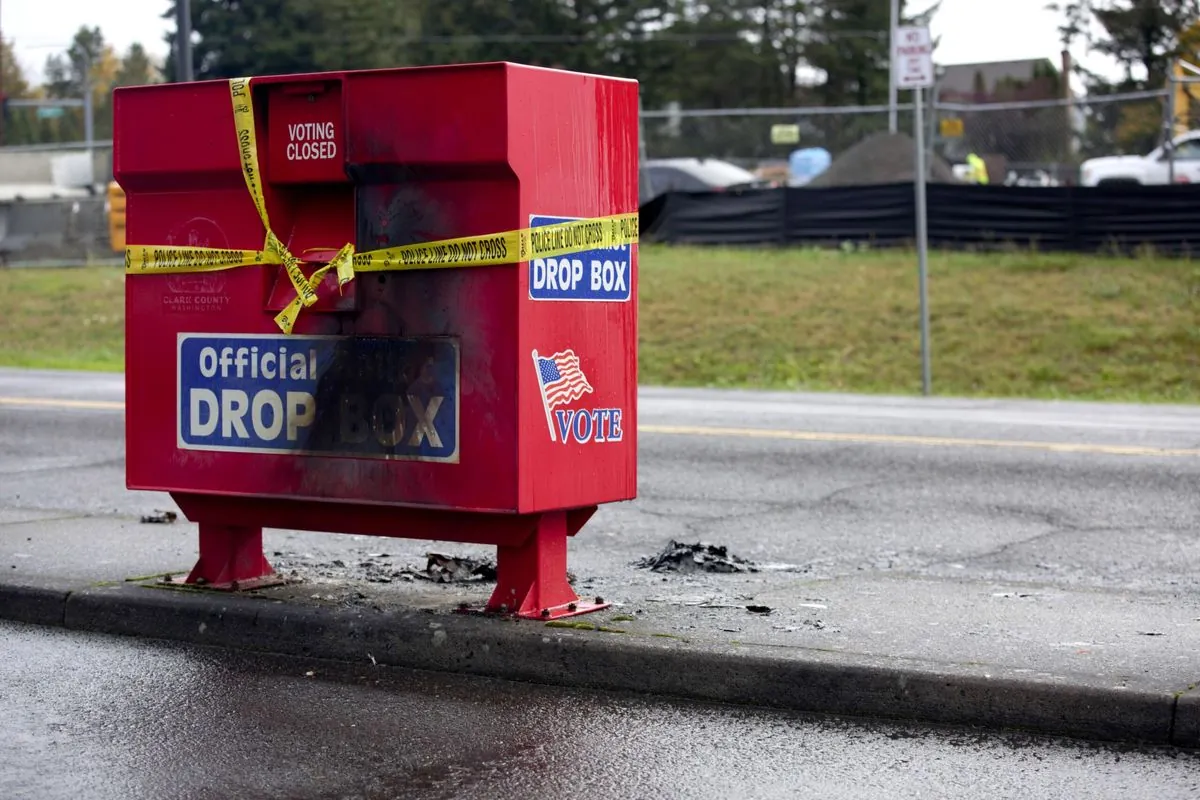Nordstrom Family Proposes $3.8 Billion Privatization Deal Amid Retail Challenges
The Nordstrom family aims to take the company private in a $3.8 billion deal. This move comes as department stores face industry-wide challenges and Nordstrom focuses on its off-price Rack division for growth.
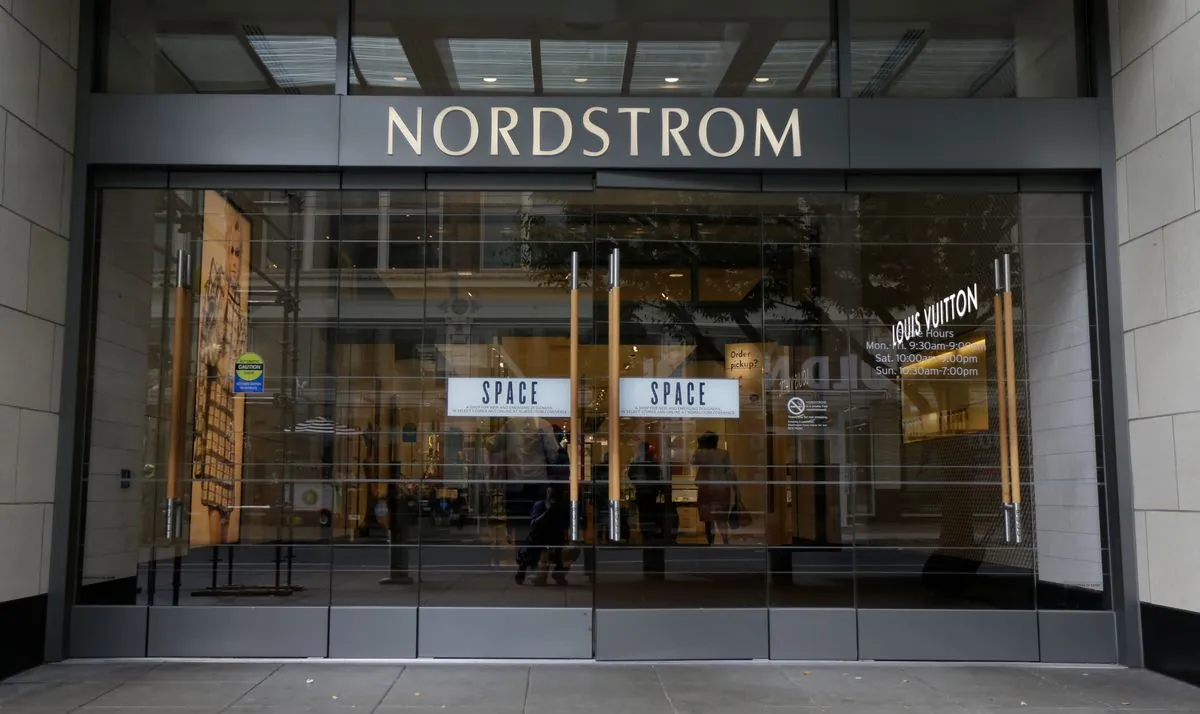
Erik Nordstrom and Pete Nordstrom, leading members of the Nordstrom family, have proposed a $3.8 billion deal to take the renowned department store chain private. This significant move comes 53 years after the company went public in 1971, marking a potential return to its private roots established in 1901.
The offer, valuing shares at $23 in cash, slightly surpasses the recent closing price but falls short of the stock's value from mid-July 2024. This proposal follows a previous unsuccessful attempt by the family to privatize the company in 2019, demonstrating their continued interest in regaining full control.
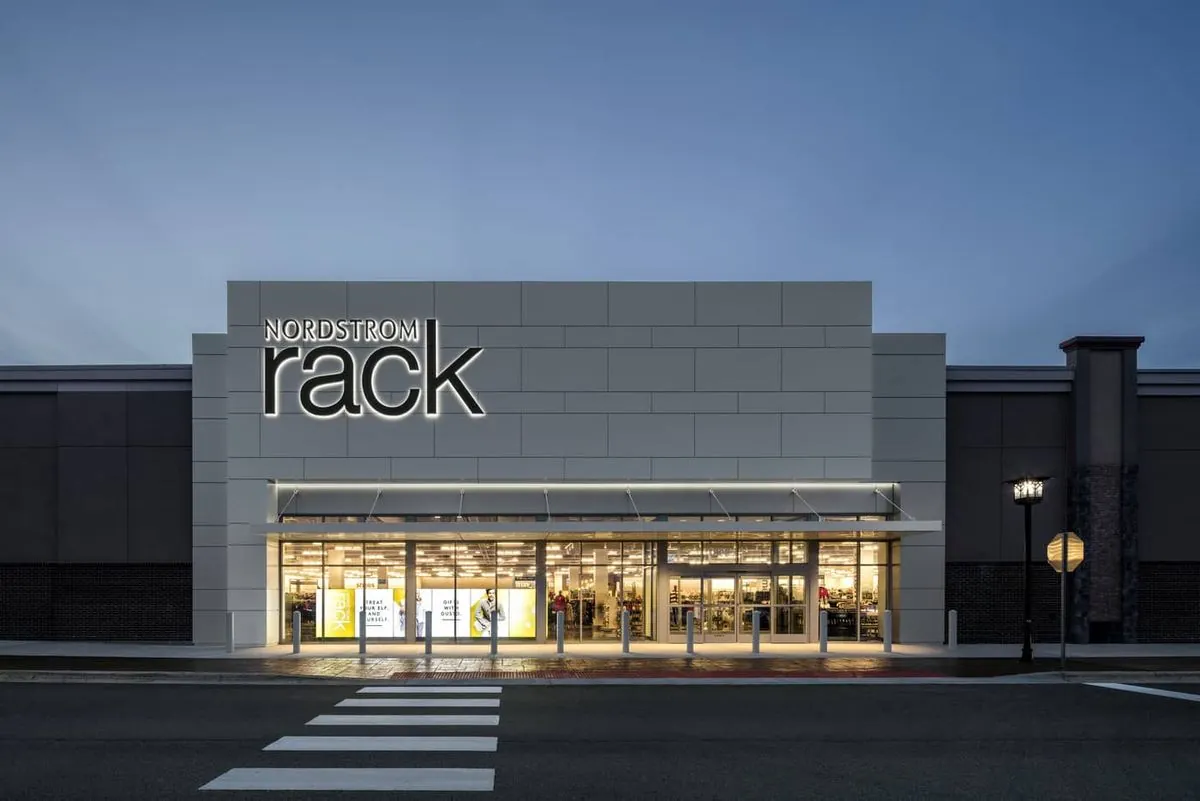
El Puerto de Liverpool, a Mexican retail and real estate entity, is set to play a crucial role in this deal. Currently holding a 10% stake in Nordstrom, the company would increase its ownership to 49.9% if the proposal is accepted. The Nordstrom family would retain a 50.1% majority stake, securing their position at the helm of the business they have steered for over a century.
This privatization bid emerges during a challenging period for department stores. The industry faces headwinds as middle-market consumers, traditionally the backbone of department store clientele, exercise caution in their spending habits. High grocery prices and elevated interest rates have contributed to this shift in consumer behavior.
Nordstrom's strategy has increasingly focused on its off-price subsidiary, Nordstrom Rack. The company has expanded its Rack locations, planning to open 22 new stores by the end of the fiscal year. This division has shown promising growth, with same-store sales increasing by over 4%, outpacing the less than 1% growth seen in traditional Nordstrom stores.
"The business remains one of two halves. The department store division has various structural challenges, while the off-price Rack division is starting to produce some good growth."
The company's performance has exceeded Wall Street expectations, with its stock price rising nearly 24% since the beginning of 2024. This upward trend suggests a gradual recovery from previous years of weak sales.
Nordstrom's journey reflects the broader trends in the retail sector. Founded as a shoe store in Seattle in 1901, the company has evolved significantly over the years. It expanded into clothing in 1963 and launched Nordstrom Rack in 1973, demonstrating its adaptability to changing market conditions.
The company's history of innovation is notable, having introduced its first credit card in 1978 and launching Nordstrom.com in 1998. These moves positioned Nordstrom at the forefront of retail technology adoption, including early implementation of advanced inventory management systems.
As the retail landscape continues to shift, Nordstrom faces the challenge of balancing its traditional department store model with the growing demand for off-price options and online shopping experiences. The proposed privatization could provide the flexibility needed to navigate these challenges without the pressures of public market expectations.
The outcome of this proposal remains to be seen, as a special committee reviews the offer to determine the best course of action for Nordstrom and its shareholders. Regardless of the decision, it's clear that Nordstrom, like many of its peers, is at a crucial juncture in its long and storied history in American retail.



















